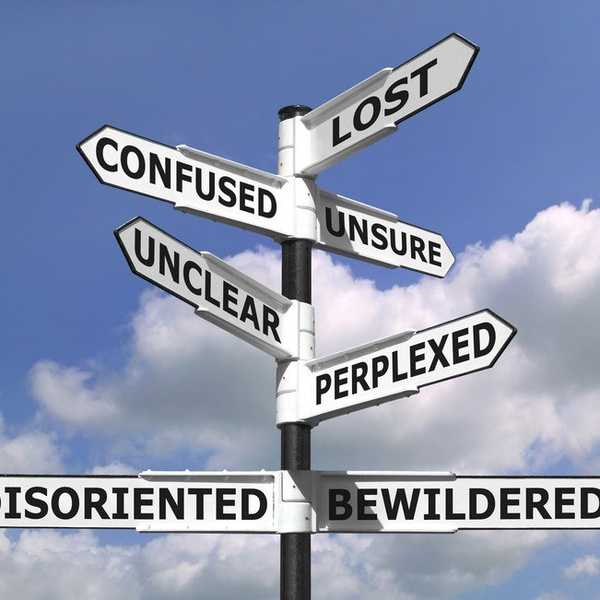Time is a funny thing. I find it hard to define such a vague concept, yet it is such an integral part of the way we operate. Unfortunately, our time here on this earth is limited too, and because of this, it is wise to manage it. This idea of time management is a very common one. Randy Pausch, a former professor at Carnegie Mellon, understood this reality very well. His battle with cancer is heartbreaking, but through his dedication to education and the people, he left a awesome impact. One part of this legacy is his lecture, “Time Management,” which can be seen below.
After watching this lecture, there are five thoughts I wanted to share with you guys. Hopefully they will make find better ways to manage this invaluable resource we call time.
The first observation I wanted to share is regarding Pausch’s philosophical thoughts on time. Time is a commodity and because of that, we should treat our time the same way we treat money. Although this is not a new concept, it really stuck with me in the way Pausch explained it. There is no use in wasting time when it is so valuable and also limited. I am a very ambitious individual and because of that, I struggle to say no. But after listening to Pausch, I found myself asking, “When I say yes to certain activities, will I be spending my time wisely?” I am much more aware of how much money I spend compared to time, but I think this mindset can help all of us manage our time better.
Second, I want to talk about procrastination, which Pausch calls the “thief of time.” Pausch didn’t spend much time discussing this frustrating phenomenon, but I think that is only fitting. He explained that the best way to prevent procrastination is to identify the reason for it and then fix that core issue. While this is a reasonable method, I’ve learned that it’s best to not concern myself with procrastination. The time I take for myself typically does not delay whatever progress I need to make. However, this may be a great method for those of us who do struggle with procrastination.
The third thought I have is regarding technology. Even though technology has changed substantially since Pausch’s lecture in 2007, he gave some great advice considering how to balance time and technology. The essence of what he said is that how we utilize technology will look different for every person. We all have to find the balance that works for us. Personally, I have learned that I need to limit social media when I am concentrating on schoolwork. This is challenging to do, but when I do limit it, it saves a great amount of time. This lecture inspired me to be more serious about this. I have deleted the Facebook app on my phone, and so far that has actually saved a lot of time. I want to challenge you to cut out some sort of technology that only slows you down.
Pausch also spent quite a bit of time discussing email. Ironically, email often becomes a distraction even though it was designed to save time. The first bit of advice he gave is that we should not associate our inbox with our to-do list. They should be separate. For me, this is very hard to do. He also mentioned that we should only read emails once. This is very wise, but because I tend to check email on my phone, it is easy to read emails while in a hurry, forcing myself to go back to them later. I think the most applicable thing I can take away from this is to read my email only when I have time to respond. The red dots may bother me, but it’s okay to let them sit there for a few hours. I’ve tried letting the dots stay there for a while, and it’s actually not too bad. If you struggle with this like me, I urge you to try this too.
Finally, I think the most important thought to share is what Pausch mentioned about purpose. Basically, he wants us to ask ourselves why we do the things we do before we give our time to them. He said, “It is more important to do the right thing rather than to do the wrong thing beautifully.” I love this idea. As a busy person, it is easy to forget the purpose of my actions. However, I’d be lost without purpose. The practical advice he gave in this regard is to organize my to-do list. Here is an order as to how we should organize to-do lists: 1) important and due soon, 2) important and not due soon, 3) not important and due soon, and 4) not important and not due soon. This may seem simple, but I hope it will change the way we approach our to-do lists.
In all, I took away many thoughts from this lecture. From the way I perceive time, social media intake, and to-do lists, Pausch challenges us to consider time management. And considering his perspective on time, I think we should all heed his advice.





















